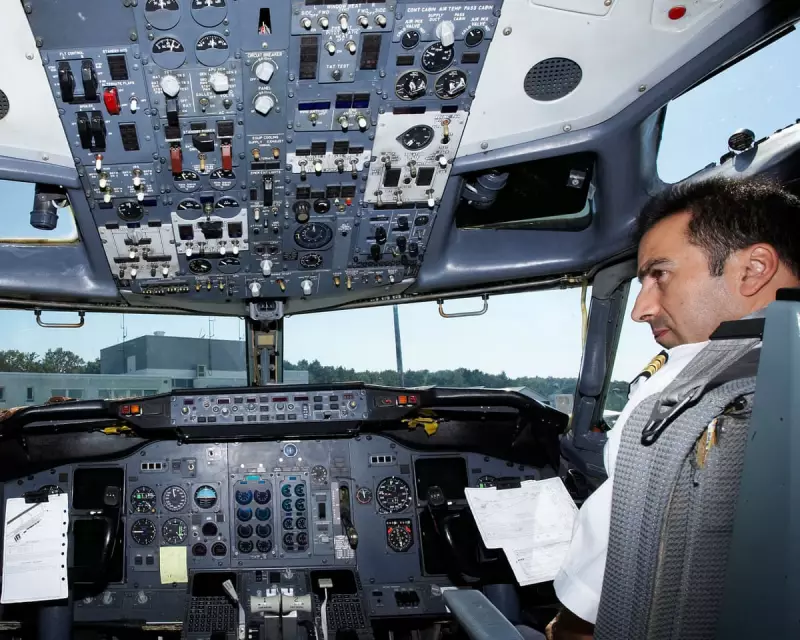
Ambitious and controversial plans to revolutionise commercial aviation by allowing passenger planes to fly with just a single pilot have been officially shelved following a damning safety assessment from European Union regulators.
The proposal, known as 'Extended Minimum Crew Operations' (eMCO), envisioned a future where two-pilot crews would only be necessary during the most critical phases of flight, such as take-off and landing. For long-haul cruise segments, a sole pilot would be in command, a move airlines argued would cut costs and address future staffing shortages.
A Halt for Safety
However, the European Union Aviation Safety Agency (EASA) has effectively grounded the initiative. A comprehensive impact assessment report, seen by The Guardian, concluded that the potential risks to safety are currently too great to proceed.
The report highlighted several critical areas of concern that could not be mitigated with existing technology and protocols:
- Pilot Fatigue and Isolation: The mental workload and potential loneliness for a single pilot managing a long-haul flight alone were deemed significant factors.
- In-flight Medical Events: The risk of a pilot becoming incapacitated due to a sudden health issue without another qualified aviator to take control was a paramount concern.
- System Failures and Emergencies: The ability of one person to effectively manage multiple complex system failures or unexpected emergencies was questioned.
Industry and Union Reaction
The shelving of the proposal is a major victory for pilots' unions, which have campaigned vigorously against the concept, labelling it a dangerous cost-cutting exercise that compromises safety. Groups like the European Cockpit Association (ECA) have long argued that the 'magic of automation' is not a substitute for the human teamwork, cross-checking, and shared situational awareness that a two-pilot cockpit provides.
While some aircraft manufacturers and airlines have been exploring the technology required for reduced-crew operations, this regulatory decision puts those development plans on hold indefinitely. The industry must now wait for a significant technological leap or a complete redesign of safety cases before the concept can be reconsidered.
For now, the fundamental standard of having two pilots on the flight deck for the entire duration of a commercial passenger flight remains an unbreachable pillar of aviation safety in European airspace.





